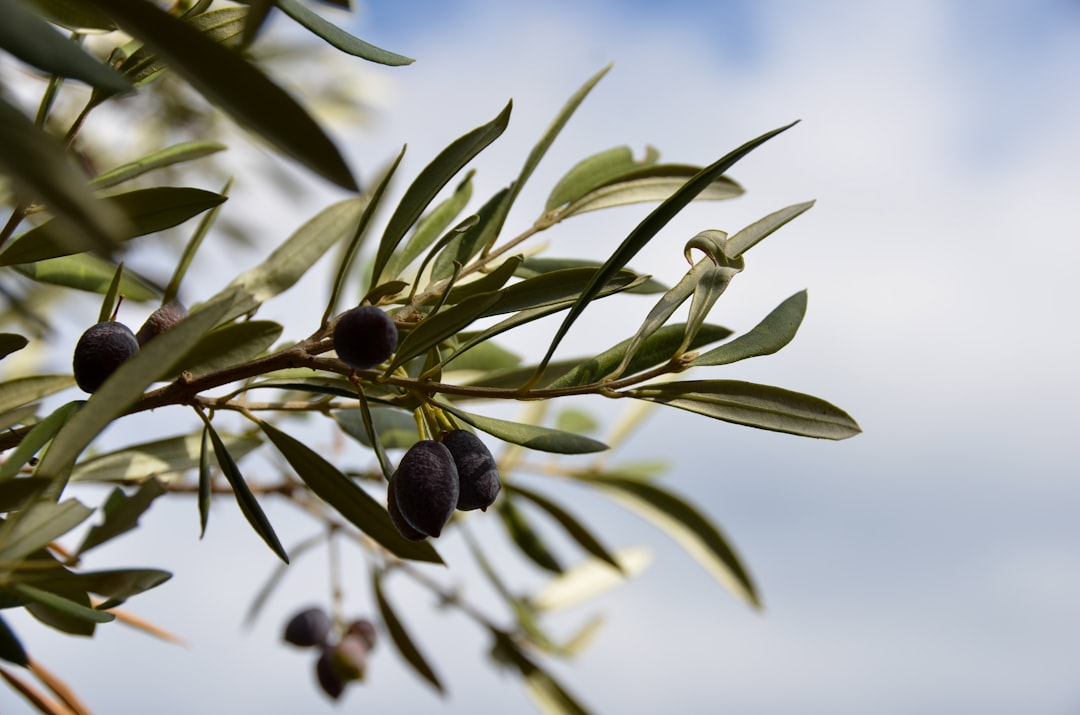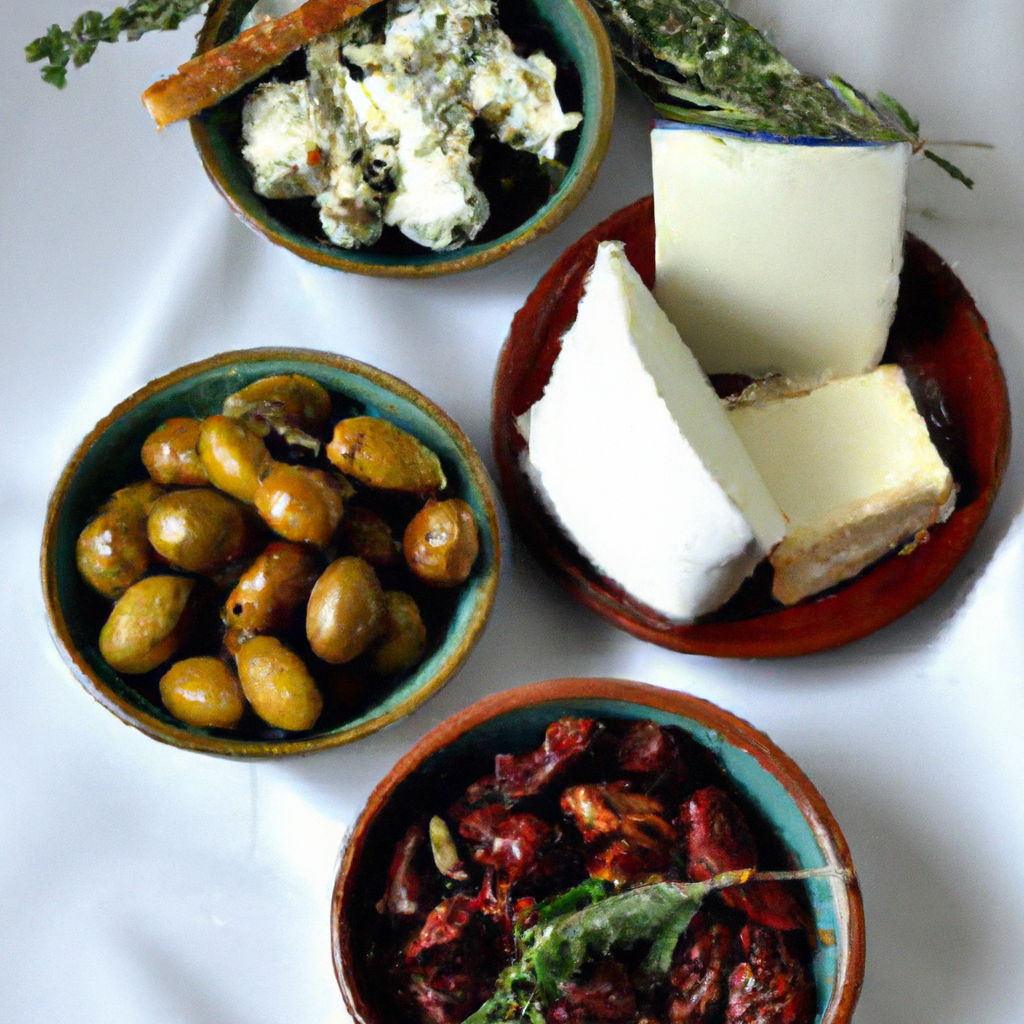The Divine Feast: Exploring the Mythical Foods of Greek Gods
Greek Gods and the Food they Eat: Exploring the dietary habits and symbolic significance of Greek gods in mythology, including the consumption of ambrosia and nectar, favorite foods, and the connection between Dionysus and wine.

Greek Gods Mythology and the Importance of Food
Overview of Greek Gods in Mythology
In ancient Greek mythology, the gods possessed supernatural powers and had distinctive dietary habits. For example, Zeus, the king of the gods, was associated with the consumption of honey and nectar, while Dionysus, the god of wine, was closely linked to the revelry and enjoyment of wine [1]. The consumption of ambrosia and nectar, considered immortal substances, was intricately associated with the divine nature of the gods, granting them immortality [1][2]. These dietary associations were deeply rooted in the mythology and worship of ancient Greece, shaping the stories and characteristics of the Greek gods.
Ambrosia and Nectar: The Food of the Gods
Ambrosia and nectar were the primary food and drink of the gods in Greek mythology, bestowing upon them immortality. These substances were often depicted as being delivered to Mount Olympus each morning by doves, emphasizing their divine nature and significance. According to mythology, the consumption of ambrosia and nectar was believed to transform the blood of the gods into Ichor, symbolizing their divine essence. For example, in the myth of Demeter and Persephone, the absence of ambrosia and nectar led to a weakening of Demeter’s powers, highlighting the vital role of these substances in maintaining the divine attributes of the gods. The mythical significance of ambrosia and nectar in Greek mythology extended beyond mere sustenance, representing the immortal and divine nature of the gods.
Dietary Habits and Symbolism of Greek Gods
Certain foods such as figs, lotus fruit, and pomegranates held symbolic significance in relation to specific Greek gods, such as Dionysus and Demeter [1][2]. For instance, the association of figs with Dionysus and Priapus symbolized fertility and abundance in Greek mythology, reflecting the divine powers and attributes of these gods. Additionally, the consumption of wine, enjoyed separately from meals, was closely associated with Dionysus and the Maenads, reflecting the god’s domain over revelry and fertility [1]. These dietary habits and the symbolic significance of specific foods played a crucial role in shaping the myths and stories of Greek gods, offering insights into their individual characteristics and associations.
The Connection Between Greek Gods and Wine
Dionysus, the Greek god of wine, was prominently linked to the consumption and revelry of wine, reflecting the cultural and ritualistic significance of wine in ancient Greece [1]. Wine held symbolic significance in the rituals and stories related to Dionysus and the Maenads, further emphasizing its association with divine attributes and festivities. Additionally, the consumption of wine was a distinct aspect of the dietary preferences of certain Greek gods, reflecting their divine nature and influence. For example, the celebration of the Dionysian Mysteries, which involved the consumption of wine, was a significant aspect of the worship and reverence of Dionysus in ancient Greek culture, highlighting the close connection between the god and the consumption of wine [1].
Mortal Consumption of Ambrosia and Nectar
In Greek mythology, mortals believed that consuming ambrosia and nectar would grant them immortality, although the outcomes varied [2]. The implications of mortals aspiring to attain the immortality associated with the food of the gods were deeply rooted in Greek mythology, shaping beliefs and narratives surrounding mortality and divinity. While the consumption of ambrosia and nectar by mortals was a recurring theme in ancient Greek literature and beliefs, it often served as a cautionary tale, illustrating the boundaries between mortal existence and the divine realm. For example, the story of Tantalus, who attempted to steal ambrosia and nectar from the gods, resulted in his eternal punishment in the underworld, serving as a warning against mortal hubris and the pursuit of divine attributes.
The Role of Food in Shaping Greek Mythology
Food played a pivotal role in shaping the characteristics and stories of Greek gods, serving as a reflection of their cultural and symbolic significance [1]. The dietary habits and associations of Greek gods with specific foods formed an essential part of their mythology and worship, providing insights into their individual characteristics and associations. The stories and myths of Greek gods often revolved around the consumption and significance of certain foods, portraying their divine nature and influence. For example, the tale of Demeter and Persephone, closely linked to the consumption of pomegranates, symbolized the changing seasons and the cycle of life and death, highlighting the mythical significance of food in Greek mythology [1].
Greek Gods’ Favorite Foods
The favorite foods of select Greek gods were deeply intertwined with their stories and powers, reflecting their divine nature and influence. For instance, the association of honey with ambrosia and nectar underscored its mythical significance as a food of the gods, linking it to immortality and divine sustenance in ancient Greek beliefs. The dietary preferences of Greek gods were often depicted in mythology, offering insights into their individual characteristics and associations with specific foods, further enriching the mythical narratives surrounding the gods.
Mortal Food and Greek Gods
The contrast between the immortal diet of the gods and the varied foods consumed by mortals highlighted the distinction between divinity and humanity in ancient Greek culture. The dietary habits of Greek gods and mortals were reflective of their respective roles and significance in mythology and society, emphasizing the boundaries between the mortal world and the divine realm. Additionally, the consumption of specific foods by mortals often served as a means of honoring and venerating the gods, forming an integral part of religious and ceremonial practices in ancient Greece, further illustrating the cultural and ritualistic significance of food in relation to Greek gods.
The Mythical Significance of Honey and Other Foods
The consumption of certain foods by Greek gods and mortals held symbolic and ritualistic importance, shaping the mythology and cultural beliefs of ancient Greece [1]. Honey, for example, was not only associated with ambrosia and nectar but also held symbolic significance in religious offerings and rituals, reflecting its sacred nature in ancient Greek culture. Furthermore, the association of certain foods such as honey, sesame, and artichokes with ancient Greek cuisine extended beyond mere culinary practices, carrying deep mythical and cultural significance in the worship and reverence of the gods.
Embracing the Heritage of Greek Food
The significance of food in the lives and stories of Greek gods emphasizes the cultural and symbolic importance of Greek cuisine [1]. Exploring the vibrant flavors of Greek cuisine and delving into the heritage of Greek food provides a deeper understanding of the cultural and historical significance of Greek culinary traditions. For example, the celebration of festivals such as the Anthesteria, dedicated to Dionysus, involved the consumption of specific foods and wines, showcasing the enduring legacy of ancient Greek food traditions in contemporary cultural practices. By embracing the heritage of Greek food, individuals can gain a deeper appreciation for the mythical and symbolic significance of Greek cuisine in the context of ancient beliefs and traditions.
